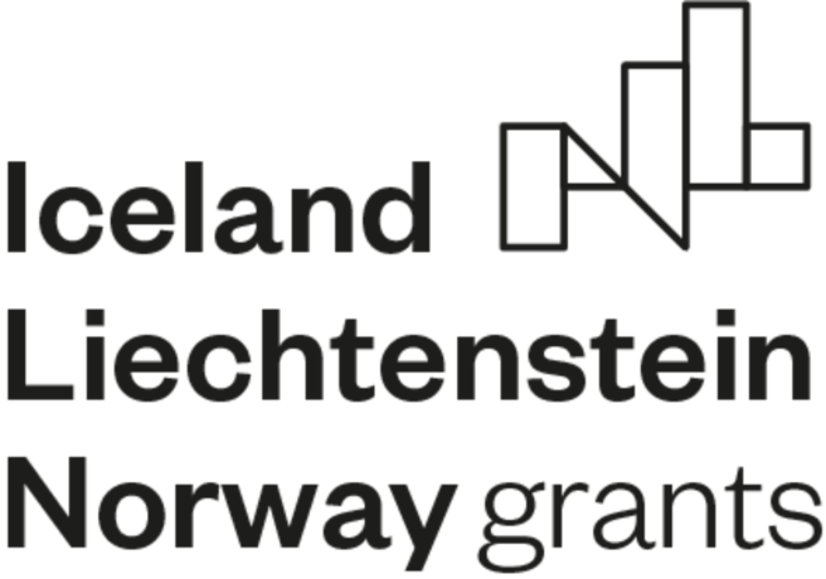11-06-2021 11:00
The Programme Operator of Programme “Local Development, Poverty Reduction and Enhanced Inclusion of Vulnerable Groups” funded by the Financial Mechanism of the European Economic Area (EEA FM) 2014-2021, is planning to announce a call for project proposals “Integrated measures for Roma inclusion and empowerment”.
Expected time of publication of the call: June 2021
Expected deadline for submission of project proposals: September 2021
The call will be published in UMIS 2020 and on the website of Programme “Local Development, Poverty Reduction and Enhanced Inclusion of Vulnerable Groups” https://www.eeagrants.bg/programi/mestno-razvitie/pokani
The overall objective of the call is to promote the enhanced inclusion and empowerment of Roma in Bulgaria by supporting the development of sustainable mechanisms for the implementation of effective integrated approaches aimed at improving the status and opportunities in marginalized Roma communities. The integrated measures shall represent a comprehensive approach aimed at providing quality services or improving the existing ones in different but complementary areas: equal access to social services, education, employment, health and non-discrimination. Activities shall promote the active participation of the Roma community and be implemented in cooperation with the local institutions and stakeholders.
Eligible applicants/project promoters:
Eligible applicants: Municipalities in Bulgaria with Roma communities of at least 5% of the total population, who live in compact groups (at least 2000 representatives of the Roma community).
Eligible partners:
Eligible partners from Bulgaria: All public authorities and non-governmental organizations. An NGO may take part as a project partner in no more than three project proposals.
Important! The project shall be implemented in partnership with one or more non-governmental organizations (NGOs), with at least 3 years of successful experience in the field of Roma inclusion and empowerment.
Eligible foreign partners: Any public or private entities, non-governmental organizations according to Article 7.2.2 of the Regulation implementing the EEA FM 2014-2021.
Although there is no mandatory requirement to have a Donor Partner on the project, its involvement in the project is supported and encouraged in relation to the main objective of the EEA FM to improve the bilateral relations between Iceland, Liechtenstein and Norway on the one hand, and the Beneficiary State on the other hand.
In order to assist the potential applicants seeking project partners from the Donor States during the State of Emergency, the PO and its Programme Partners – KS and the Council of Europe – will organize an online event for seeking and finding partners. Information about the event will be published soon on the official website and the Facebook page of the Programme.
Total grant amount for the call: 8 000 000 Euro
There will three different categories for project grants according to the number of people representing the target group living in the areas of intervention (according to their address registration):
- Number of representatives of vulnerable groups including Roma from 2 000 to 5 000 people: grant amount from 500 000 to 750 000 Euro;
- Number of representatives from of vulnerable groups including Roma from 5 001 to 10 000 people: grant amount from 500 000 to 1 000 000 Euro;
- Number of representatives from vulnerable groups including Roma over 10 000 people: grant amount from 500 000 to 1 200 000 Euro.
There is no requirement for co-financing by the applicant in this procedure.
Project activities shall cover integrated measures in the fields of education, health, employment, vocational training and other specifically needed areas of intervention; activities for empowerment of Roma and participation in the development and implementation of policies and services that affect the development of the community; activities to increase the access and quality of sectoral or integrated services for Roma; activities to increase the level of acceptance between the Roma and the main population and to counteract discrimination and anti-Gypsyism.





